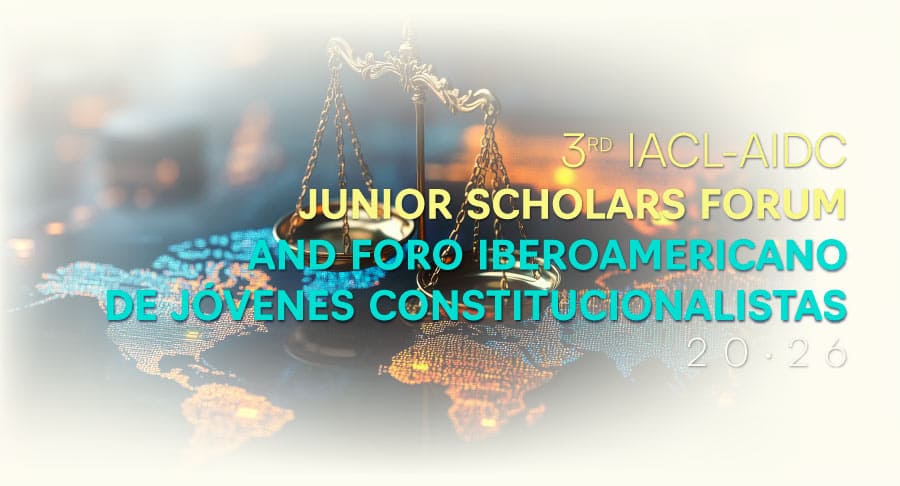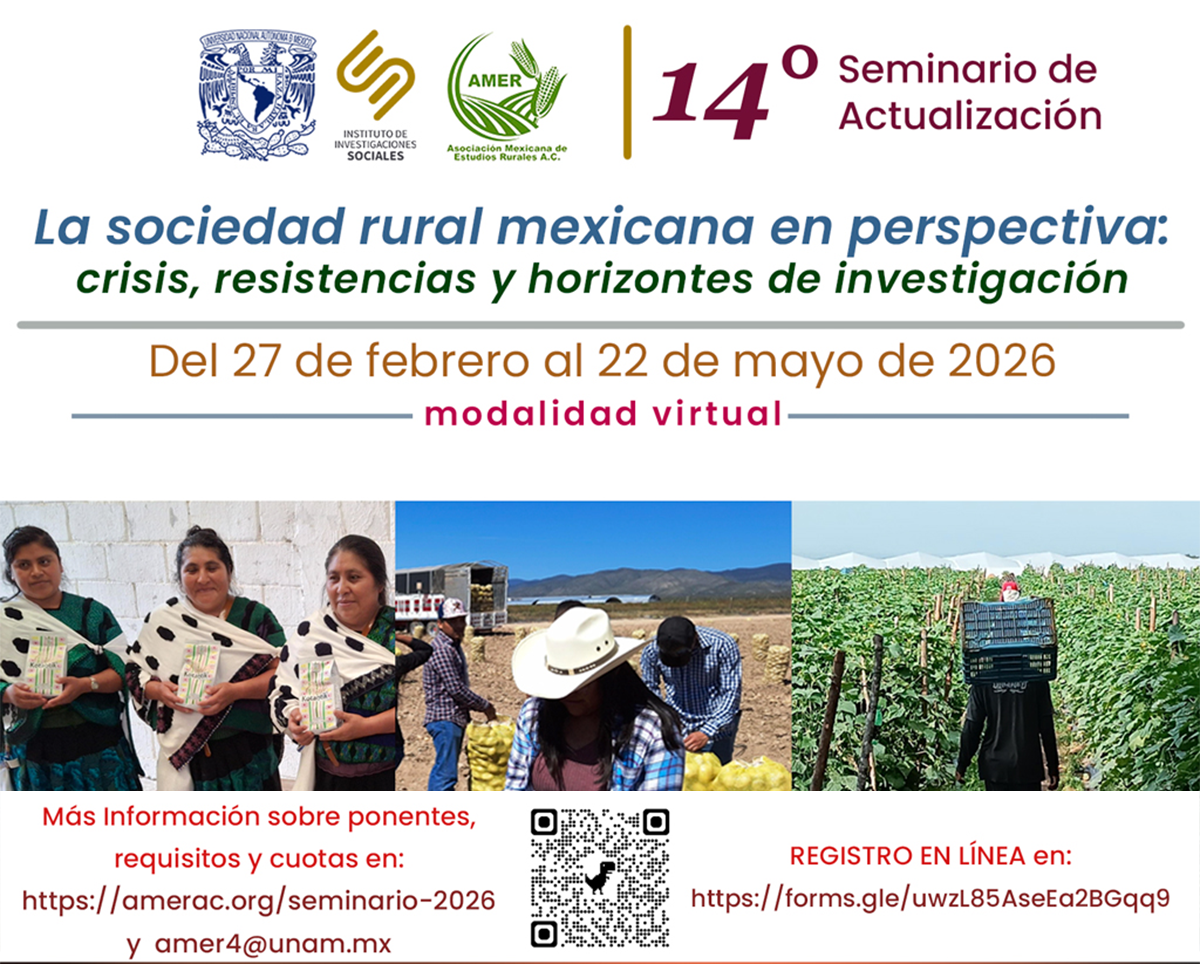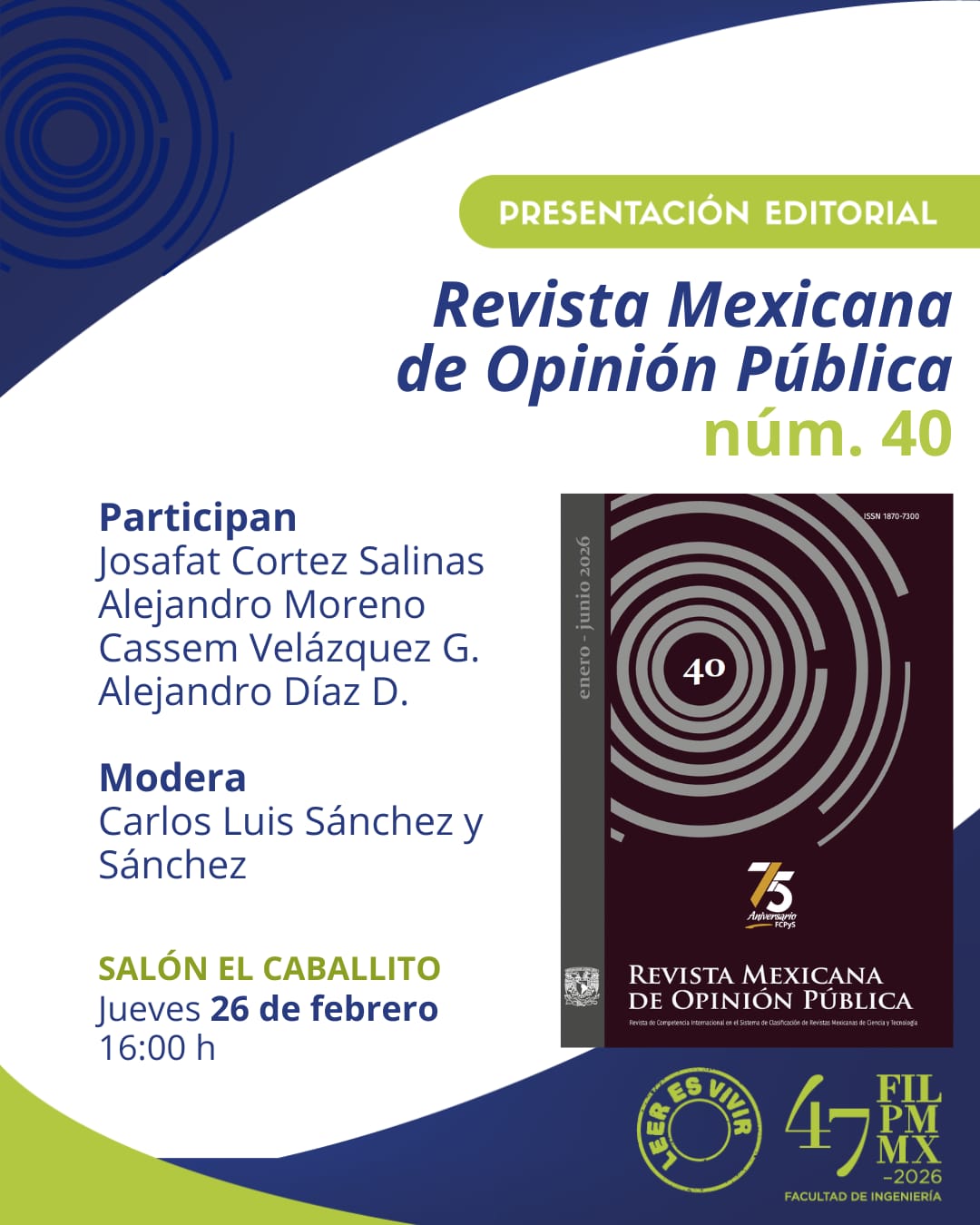Journal Quaestio Iuris Vol. 10, no. 4
JOURNAL QUAESTIO IURIS
Editorial for vol. 10-4 (2017)
The Journal Quaestio Iuris, indexed in the Web of Science, quarterly, in this volume 10, issue 04, 2017, is pleased to inform all its readers that it has been classified by MEC / CAPES as a Qualis B2 Magazine, in the INTERDISCIPLINARY AREA in the quadrennium 2013-2016 (in addition to its traditional classifications such as Qualis A2, Philosophy and Qualis B1, Law). This represents an expressive consolidation of our Journal in the interdisciplinary scientific community, beyond the science of law, and a recognition of the level of excellence of our Journal.
The Journal also has the joy of publishing the article «The Praxis of Commutative Justice. Composition and conceptual recomposition in Old and New Spain. (1808-1813)” of Prof. Esteban Gómez Gaitán, Professor of the University of Guanajuato, Mexico. In the article “The Praxis of Commutative Justice. Composition and conceptual recomposition in Old and New Spain. (1808-1813)” is analyzed the concept of commutative justice, in its conjunctural version of justice of the cause, its meaning, continuities and changes, according to the traditional referents: patriotism, social pact, consent and modern concepts of people-nation and freedo.
In the same way as in the previous issues, in this volume 10, number 04, 2017, we publish 26 (twenty-six) unpublished articles, of which 06 (six) are foreign articles: “Health as meta-capabilty: redefining the legal asset” of Ian Pimentel Gameiro, Ph.D. in Legal-Philosophical Sciences and Master in Legal-Political Sciences at the Faculty of Law of the University of Coimbra, Portugal; “The Praxis of Commutative Justice. Composition and conceptual recomposition in Old and New Spain. (1808-1813)”, by Prof. Esteban Gómez Gaitán, Professor of the University of Guanajuato, Mexico, already cited; “(Des) protection of copyright in the digital age. Main legislative, doctrinal and jurisprudential tendencies in Argentina on the so-called «computer piracy», by Adriana Margarita Porcelli, Associate Professor of International Private Law, Public International Law, Study of the National Constitution and Human Rights and Health Legislation of the National University of Luján, Argentina; “Neoliberalism and citizen mobilization: Two links lost in the understanding of the crisis of Human Rights in Mexico”, by Profa. Diana Margarita Favela Gavia, PhD in Political Science, Tulane University, USA, Senior Researcher B of the Center for Interdisciplinary Research in Sciences and Humanities (CEIICH), Universidad Autónoma de México – UNAM; “Historical-legal antecedents of contemporary international trade”, by Salvador Francisco Ruiz Medrano, PhD in Private International Law from the University of Valencia, Spain, Full-time Professor of the Department of Management and Business Administration of the Division of Economic and Administrative Sciences of the University of Guanajuato, Mexico and “The dilemma of legal progressivism: on the relevance of the critical exercise on law”, by Luciana Alvarez, Professor of the National University of Cuyo, Argentina.
We also published in our Section Monographs an exhaustive study called Public security: “The human rights that must be guaranteed. From the concept of freedom (of the French Revolution) to the public security (of human rights)”, by Ramiro Contreras Acevedo and María Amelia Solórzano Peña, respectively, National Researcher Level I in the National System of Investigators [SNI] of the National Council of Science and Technology [CONACYT], Mexico; Doctor in Law from the Autonomous University of Aguascalientes, Aguascalientes, Mexico and Professor at the University of Guadalajara, Mexico. In the mentioned work it was argued that the security, although it varied its adjectivation like «public», «citizen», «national», is a human right that must be guaranteed by the State. However, currently the mechanisms of enforceability and justiciability that the Mexican State has for the protection of human rights are ineffective. Hence the question arises whether the Mexican state conceives constitutional norms, given the reform of article one, in 2011, as «principles,» that is, as «commandments of optimization» (Alexy), or as «constitutive rules.» The following impacts are that if they are «principles» they can be realized as much as possible; if they are «norms» understood as «constitutive rules» and are not obeyed, they are the responsibility of the State and impact on the existence or not of a State based on the rule of law.
In our Section Essays we publish seven (7) essays, of which three (3) essays are worthy of mention: “Human rights of patients and vulnerability: the elderly patient in light of the jurisprudence of the European Court of Human Rights”; “From house to congress – women’s insertion in political parties: affirmative actions towards feminine inclusion in parliaments” and “The culture of human rights in education”.
In this issue of the Journal we also extended our body of our reviewers / evaluators, with the inclusion of many Professors from countless States of the country and also from many foreign professors, now reaching a total of more than 600 (six hundred) evaluating reviewers.
We also publish, for the immediate consultation of the readers, the links of the various national and international indexes of Magazines and periodicals where our Quaestio Iuris Magazine is indexed. We thank, as always, all the readers, authors, evaluators and collaborators for the collaboration and trust and for the always excellent work done. We always remember that submissions to Journal Quaestio Iuris are permanent and must be carried out by the system, directly on the Journal’s page.
Good reading to all!
Mauricio Mota
Editor of Journal Quaestio Iuris
Ver número completo aquí
Puedes enviar propuestas para póximos números consultando este enlace
Te puede interesar
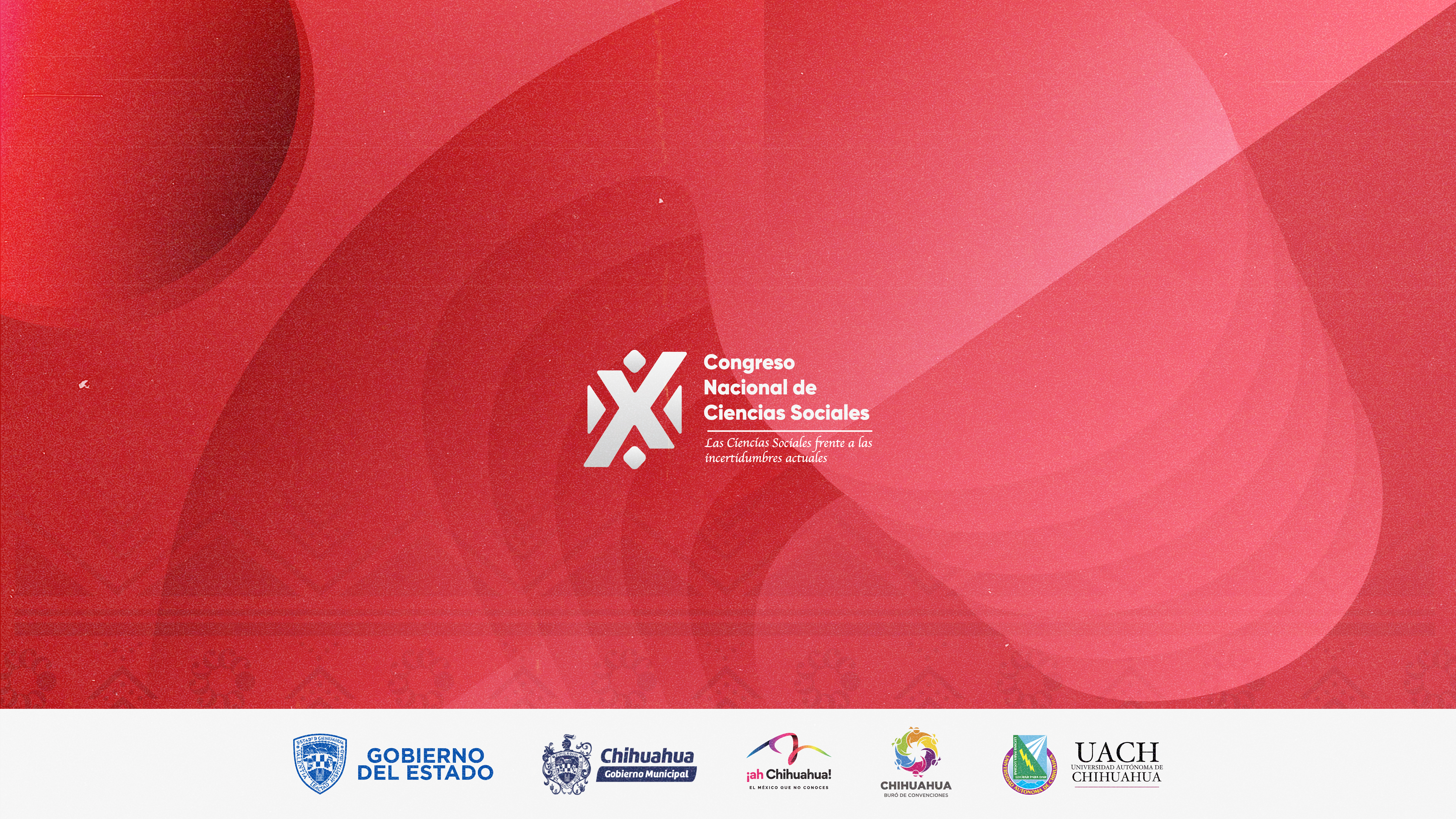
Programa del X Congreso Nacional de Ciencias Sociales
comecso - Feb 25, 202623 al 27 de marzo, 2026 | Posgrado de la Facultad de Contaduría y Administración, Universidad Autónoma de Chihuahua, Campus…

Hoteles con convenio | X Congreso Nacional de Ciencias Sociales
Laura Gutiérrez - Feb 25, 2026X Congreso Nacional de Ciencias Sociales Las Ciencias Sociales frente a las incertidumbres actuales del 23 al 27 de marzo…

Convocatoria Feria del libro
Laura Gutiérrez - Feb 18, 2026FERIA DEL LIBRO X CONGRESO NACIONAL DE CIENCIAS SOCIALES “Las Ciencias Sociales frente a las incertidumbres actuales” INVITACIÓN Información general…

Memorias del IX Congreso Nacional de Ciencias Sociales
Roberto Holguín Carrillo - Jul 02, 2025IX Congreso Nacional de Ciencias Sociales Las ciencias sociales y los retos para la democracia mexicana. Realizado en el Instituto…
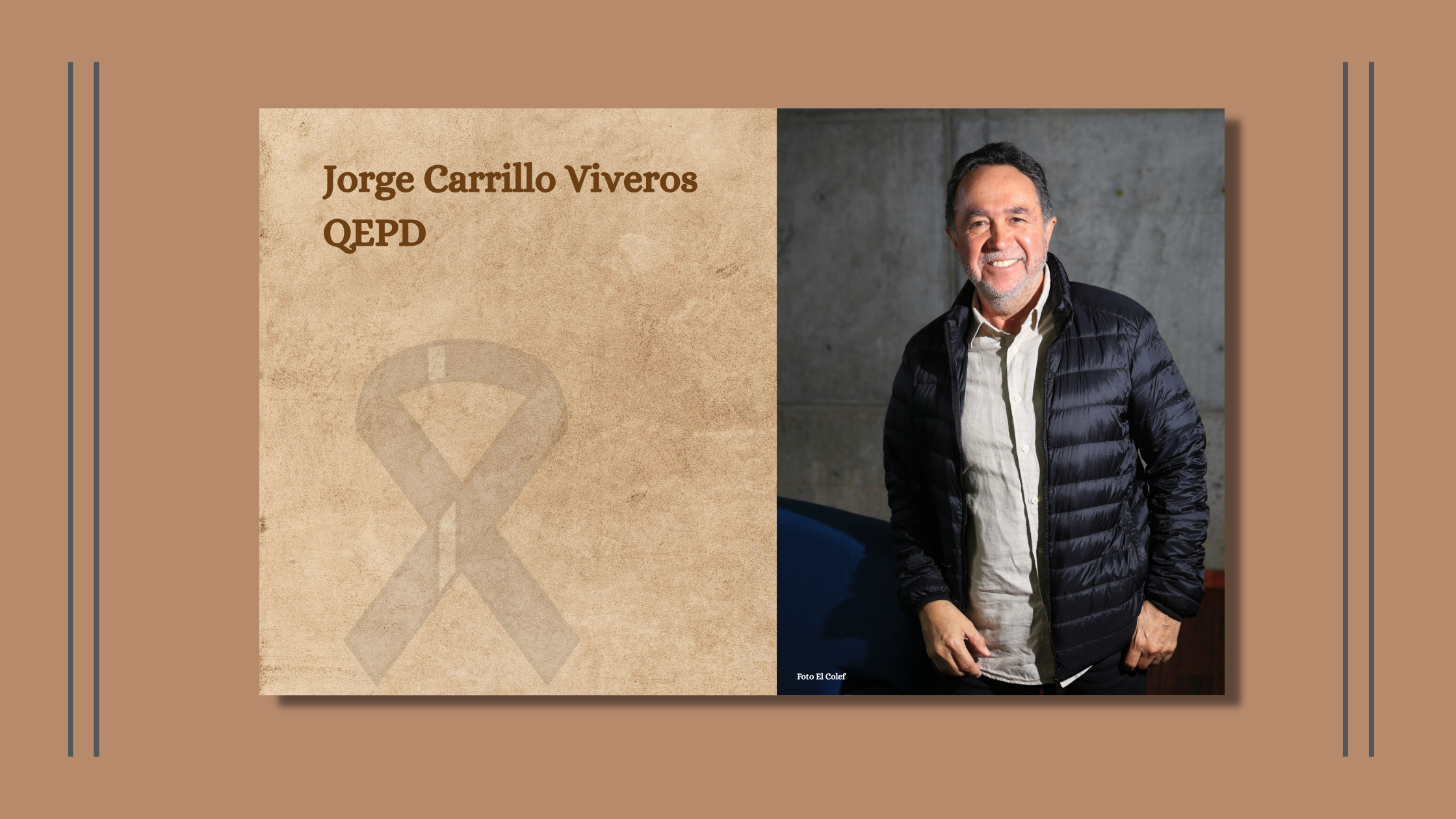
Jorge Carrillo: su contribución a los estudios de la industria y el trabajo en la frontera
comecso - Feb 27, 2026[caption id="attachment_82094" align="alignleft" width="300"] Foto recuperada de El Colef[/caption] Jorge Carrillo Viveros, junto con Jorge Bustamante, fue uno de los…
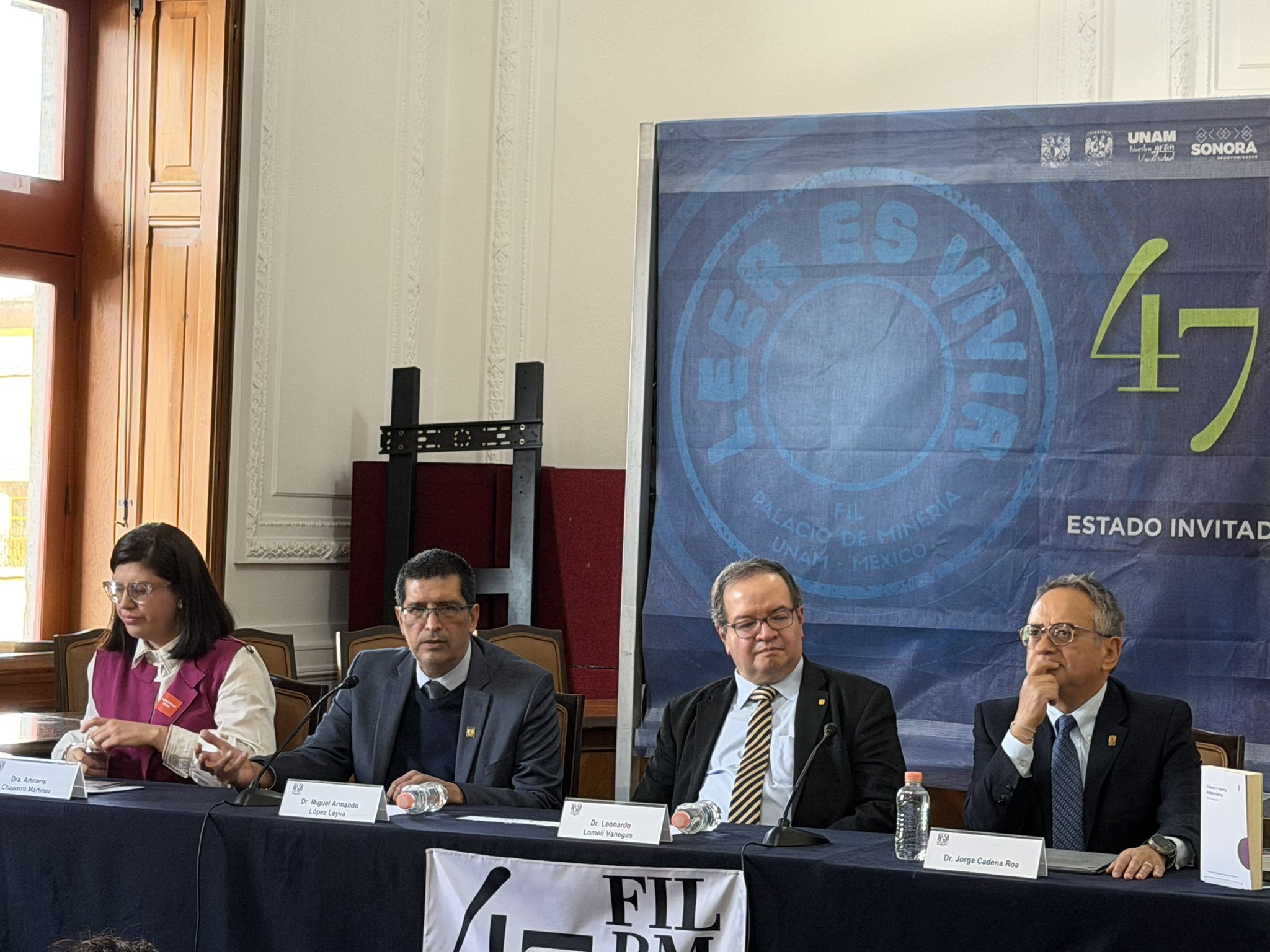
Presentación de la colección Clásicos de las Ciencias Sociales y las Humanidades en la 47 FIL
comecso - Feb 27, 2026Hilo recuperado de X @HumanidadesUNAM Presentación de la colección Clásicos de las Ciencias Sociales y las Humanidades, de nuestros #LibrosDeHumanidades,…






